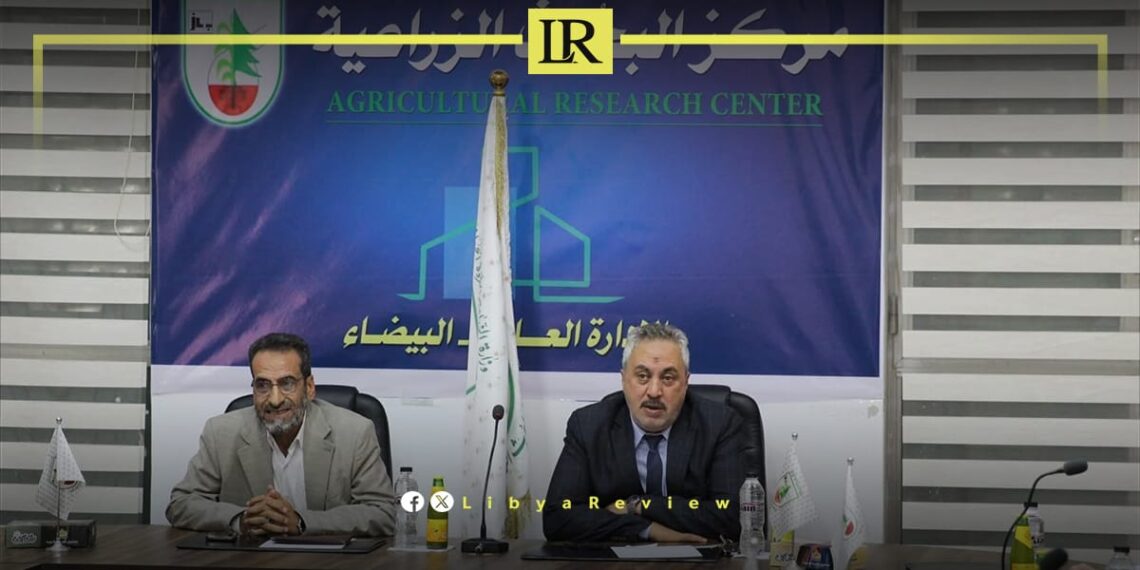A national fire prevention team led by the Agricultural Research Centre in Libya has held a high-level meeting with representatives from Benghazi and Omar Al-Mukhtar Universities, along with officials from Civil Defence and the Agricultural Police, to finalise a comprehensive wildfire response plan.
The plan, once approved, will be submitted to the relevant ministries and institutions responsible for forestry, environment, and rural development. It aims to provide a unified national framework to combat wildfires and protect Libya’s remaining forest cover and fragile ecosystems.
The meeting comes in the aftermath of a major fire in the Wadi Al-Kouf region—one of the country’s most densely vegetated natural areas—raising urgent concern over the vulnerability of Libya’s woodlands to environmental threats and climate-related hazards.
According to the participants, the new plan is based on scientific methods and advanced environmental standards. It focuses on prevention, early detection, and rapid response, offering a strategic approach to reducing the impact of wildfires on biodiversity and rural livelihoods.
Experts from academia and fire management stressed the need for cross-sectoral coordination, especially during the high-risk summer months. The plan outlines mechanisms for inter-agency collaboration, data sharing, and deployment of firefighting units in hotspot areas.
The team also called for launching national awareness campaigns aimed at educating the public—especially rural communities—on fire prevention practices and environmental stewardship.
Training emergency response teams across regions is also a key component of the plan, aimed at building local capacity and reducing response time.
The initiative marks a crucial step towards safeguarding Libya’s natural resources amid growing environmental challenges, including land degradation and unregulated human activity.
The fire prevention plan is expected to be a model for future environmental strategies and resilience-building efforts in Libya.


